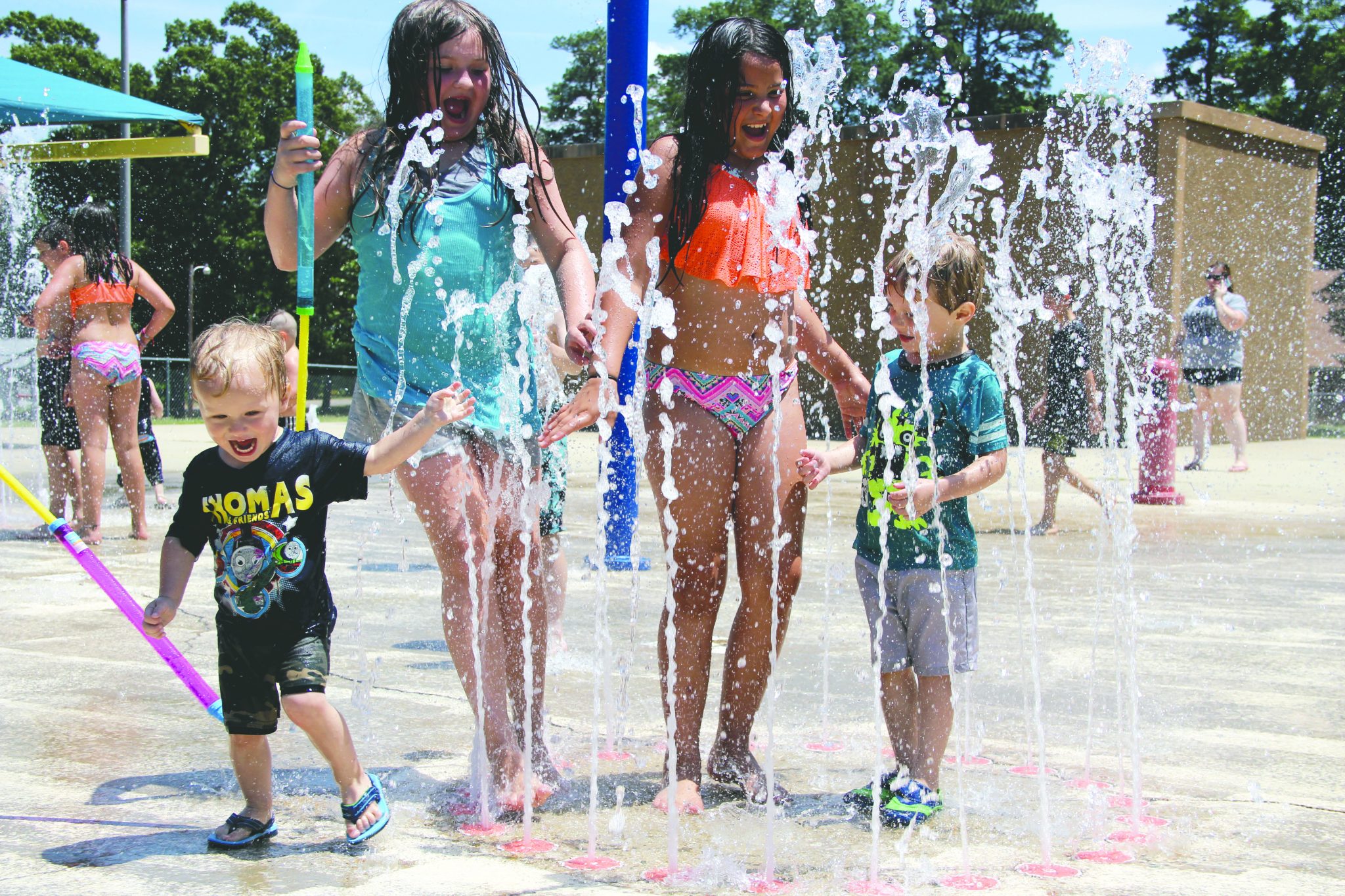175
Minden Medical Center offers summer heat tips
Caleb Daniel/Minden Press-HeraldZaine Knight enjoys a drink from the Victory Park spray park sprinklers. While hydration is recommended du
Summertime safety
previous post




